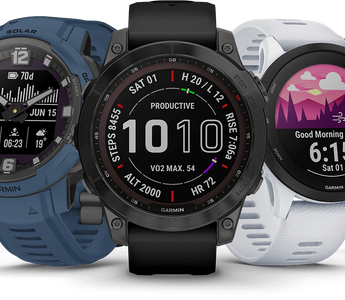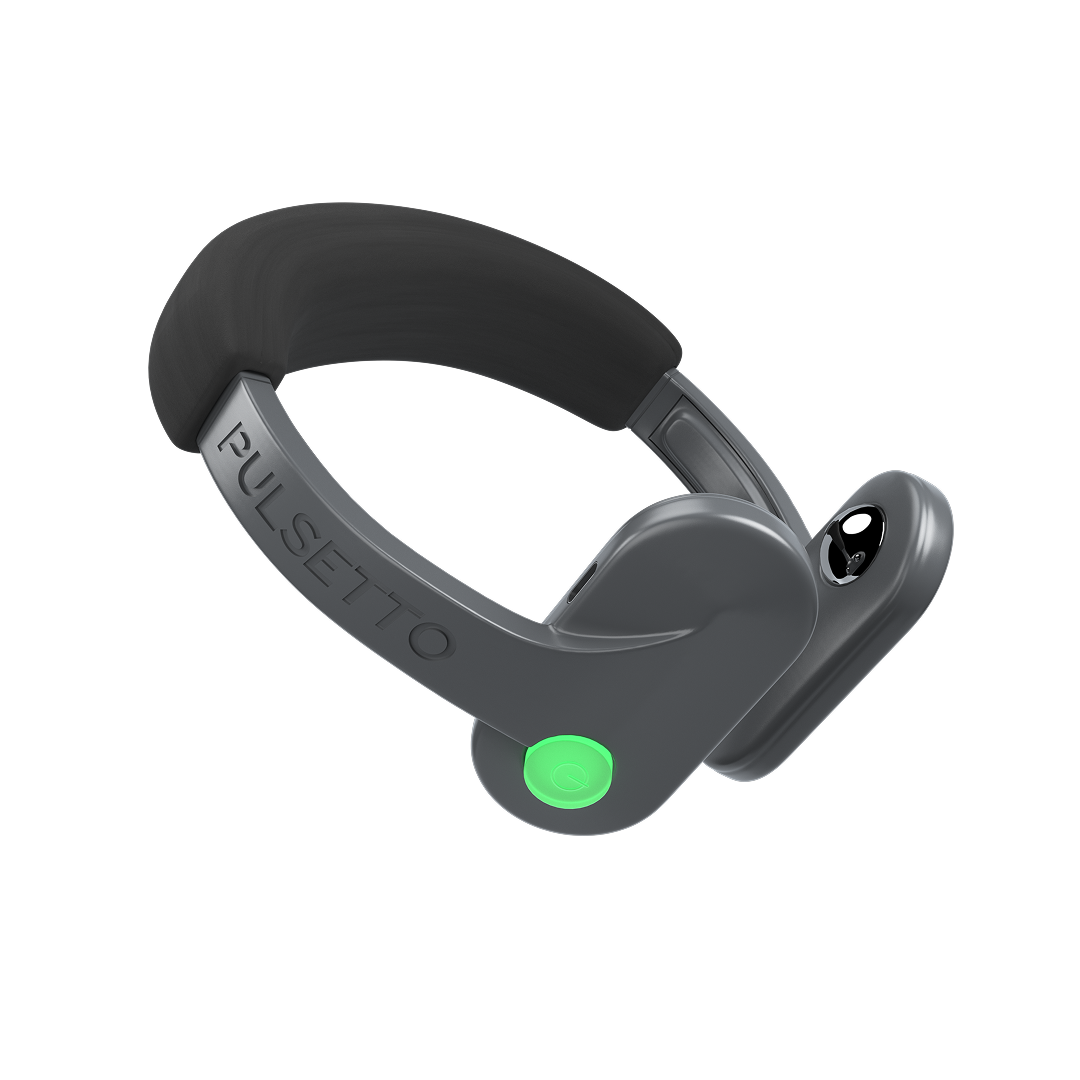Key Takeaways
- Heart rate variability (HRV) is an important indicator of your overall health and stress levels.
- Garmin watches that track HRV include the Fenix, Forerunner, and Descent series.
- Interpreting HRV measurements on Garmin devices involves understanding the baseline and trends rather than focusing on single readings.
- Lifestyle factors like exercise, diet, sleep, and stress management significantly impact your HRV score.
- Vagus nerve stimulation devices like Pulsetto can also help you reduce stress and increase your HRV.
Garmin HRV Score Basics
Why HRV Is Important
In case you don’t know what heart rate variability (HRV) is, let’s start with the basics. HRV is the variation in the time intervals between consecutive heartbeats. Unlike the heart rate, which measures the average number of beats per minute, HRV examines the fluctuations in the time intervals between each beat.
A high HRV indicates that your body can efficiently switch between the sympathetic (fight or flight) and parasympathetic (rest and digest) nervous systems - on the other hand, a low HRV can signal stress, fatigue, or even potential health issues.
Factors that Impact HRV
- Age: HRV tends to decrease with age.
- Fitness Level: More physically fit individuals generally have higher HRV.
- Stress: Both physical and emotional stress can lower HRV.
- Sleep: Poor sleep quality can negatively impact HRV.
- Nutrition: Diet plays a significant role in HRV levels.
In this guide, we’ll explain how Garmin wearables track HRV and what lifestyle changes you can implement to improve your HRV - and your overall health. You’ll also find out how vagus nerve stimulation devices like Pulsetto can reduce stress and increase your HRV.
|
Pulsetto: Revolutionary Vagus Nerve Stimulator Reduce stress and anxiety in just 4 minutes with Pulsetto, the innovative vagus nerve stimulator designed to biohack your parasympathetic nervous system. Clinically proven and FCC certified, Pulsetto has helped 86% of users feel calmer and less anxious within two weeks. Rated 4.5/5 by over 20,137 customers. Enjoy benefits like free worldwide shipping, a 30-day money-back guarantee, a 2-year warranty, and recyclable materials. |
Which Garmin Watches Track HRV
Garmin’s smartwatches use advanced sensors to measure your heart rate and calculate HRV. This functionality is available in watches of the following series:
- Enduro
- Fenix
- Descent
- Epix
- Forerunner
- Instinct 2
- MARQ
- Quatix
- Tactix
How To Interpret HRV Measurements On Garmin
Interpreting heart rate variability (HRV) measurements on Garmin smartwatches involves understanding how your HRV values compare to your personal baseline, which the device establishes over a period of three weeks of consistent sleep data.
According to the Garmin official website, it will then show the “current 7-day average HRV and a plot of average overnight HRV values recorded over the past 7-day period.”
Garmin uses a color-coded system to indicate your HRV status:
- Green (Balanced): If your seven-day average HRV is within your baseline range, it will be displayed in green, indicating that your body is in a balanced state. This suggests that you are well-recovered, managing stress effectively, and likely to perform well in physical activities.
- Orange (Unbalanced): This unbalanced state may indicate that you are experiencing higher levels of stress or have not fully recovered from previous activities.
- Red (Low): This is a strong indicator that your body is under significant stress or strain and might be at a higher risk of overtraining or illness - in this case, you should prioritize rest and recovery to restore balance.

HRV displayed on Garmin Forerunner 955.





















































